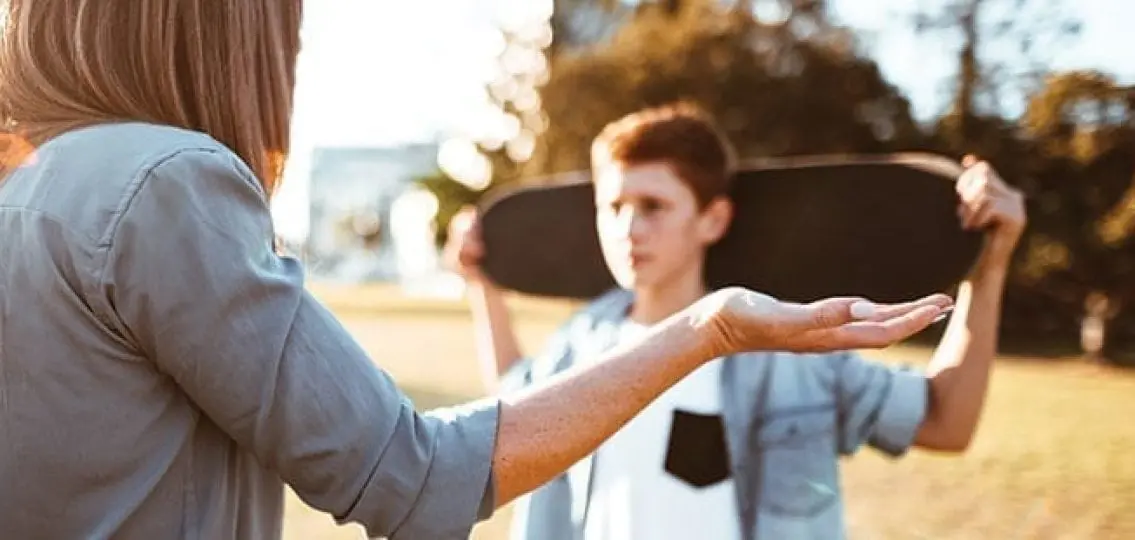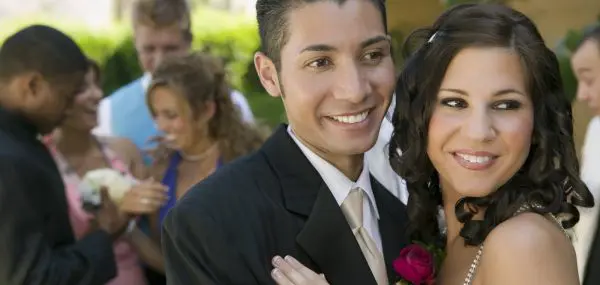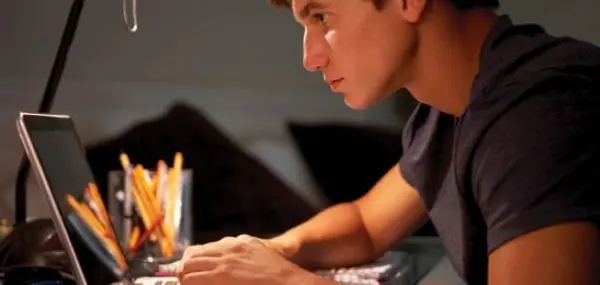It’s natural for a parent to worry about their child becoming a victim of sexual abuse. According to the Centers for Disease Control and Prevention, as many as one-fourth of girls and one-sixth of boys are sexual abuse victims.
But what’s less well-known is that juveniles are the offenders in 23 percent of reported cases of child sexual abuse.
What if that juvenile sex offender is your kid?
While it’s commonly believed that juveniles who commit sexual offenses grow up to be pedophiles, that is not always the case. And it’s not even the correct terminology to use for a teenager. “The use of the word pedophilia is inappropriate when talking about juveniles,” says William Ballantyne, a Vermont-based psychologist who specializes in the evaluation and treatment of juveniles with sexual behavior problems. “We may be talking about kids that act out sexually, but that’s not pedophilia.”
Statistically, very few kids who act out sexually in childhood end up as adult pedophiles, but that doesn’t mean they don’t need help.
Look for Red Flags:
When it comes to troubling sexual behavior, parents should watch for signs that could indicated that their child needs help.
1. Sexual interest at a young age
Sexual interest in much younger teens or even younger children is a red flag, says Ballantyne.
The concern here is not with typical teenage romances, even if there is some age difference or one party is under the age of consent (which is at least 16 in every state). It’s more about age differences that suggest a developmental and power differential, like a 16-year-old showing interest in a 12-year-old.
“That would send up red flags,” says Ballantyne. “For one thing, if there is any follow-through, that is clearly illegal. If we’re talking about a 16-year-old and a 12-year-old, that’s a really concerning age span.
“Those who feel powerless [in other areas of their lives] may try to gain power in ways that are not acceptable, and included in that would be sexual activity with somebody much younger.”
Teens may experiment with peers, just as young children may “play doctor” with their peers. Neither situation is cause for panic. However, young children cannot truly give consent when the other child is older—that is, when they are not peers. “An 8-year-old isn’t a peer of a 12- or 14-year-old,” says Shari Nacson, a social worker in Ohio. “That’s not consensual, they’re not cohorts, and there is a power difference.”
2. Cognitive differences
If one child in a sexual interaction is mentally impaired or disabled, or particularly vulnerable for some reason, parents should step in.
3. Excessive secrecy
Keeping secrets is part of a teen’s job, developmentally, so this is a tricky one. Secrecy that is paired with a sense that your teen is acting out of character or seems otherwise unwell—this may signal a problem. “That does not mean that parents should go digging through their teens’ drawers,” says Nacson. “It means that parents need to address the secrecy.”
4. Addiction to pornography
“Whereas curiosity about sexuality is normal in children and adolescents,” says Ballantyne, “the cultural saturation of pornography can lead to being overfocused on that subject.” An obsessive interest in pornography needs attention.
Getting Help For Sexually Inappropriate Behavior
As daunting as it may be, if a parent notices any troubling behaviors, or just has a gut feeling that something is off, they need to reach out for support. Not only for their own child’s sake, but to protect other children.
Parents with questions may want to consult with their pediatrician or a therapist in their community, says Nacson. “Feel out the question and say, ‘This is what I’m noticing. I can’t tell if I should be concerned or not.’ If you are mulling it over, that’s a good time to consult someone.”
Ballantyne agrees that parents should err on the side of caution. “Any adolescent acting out sexually needs to be evaluated by someone who is experienced (see below). That behavior needs to be taken seriously.”
It’s important to note that if your teen has acted out sexually, they may also have been a victim at some point, says Nacson. It could be abuse or something they’ve seen that they found overwhelming or disturbing. Most kids don’t suddenly act out sexually. This is also something to discuss with your pediatrician or a therapist.
The good news is that with early intervention, the teen has a high probability of self-correcting, according to Ballantyne. Staying silent or shaming your teen will not make the problem go away, and could likely make it worse.
If kids don’t learn to manage their impulses, they grow up to be adults without impulse control.
“It’s never a good idea to do nothing,” says Nacson. “It’s not going to go away by itself. Ask for help, that’s the most important thing—and that’s actually what your child wants. If you have a funny feeling about anything your child is doing, it’s important to talk to someone about it.”
Acting Out Sexually: Will My Child Get in Trouble?
By Shari Nacson, LISW-S
The best helpers for children who are acting out sexually are those who have trained specifically to work with juveniles. Not every community has a private therapist who specializes in this topic (check www.aasect.org). However, every community does have access to the expertise of social workers and therapists working for their local child protective services (CPS).
What most people don’t know is that asking for help from CPS does not always mean legal repercussions.
When a parent calls to request help, it is seen as a voluntary inquiry.
CPS focuses on family strengths. That means that a forthright family that is engaging well with or seeking to begin work with community helpers is seen as cooperative and less likely to be treated in a punitive way. Mandated involvement of CPS typically comes into play for families who are either not taking the steps to stop abuse or in cases where the severity requires court oversight (in which case, parental cooperation can make for a less punitive court experience).
When a child has engaged in behavior that seems to be a form of sexual abuse, parent fears about legal consequences are understandable. However, covering up sexually inappropriate behavior only leads to bigger acting out, harm to others, and a larger possibility of court involvement. Early and invested intervention is the only way to break the cycle.

Through our parental response, we teach our kids that all troubles can be spoken about and managed—even the ones that feel really sad, scary, or ugly. We teach them to own their mistakes, to make reparations, to explore why it happened in the first place. We want them to know that they can control themselves to make sure it doesn’t happen again.





